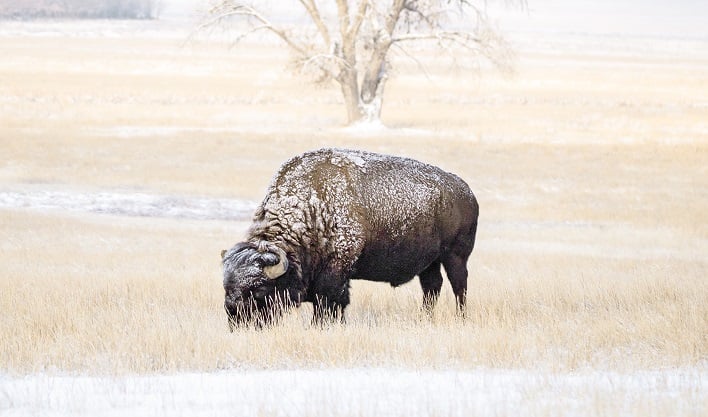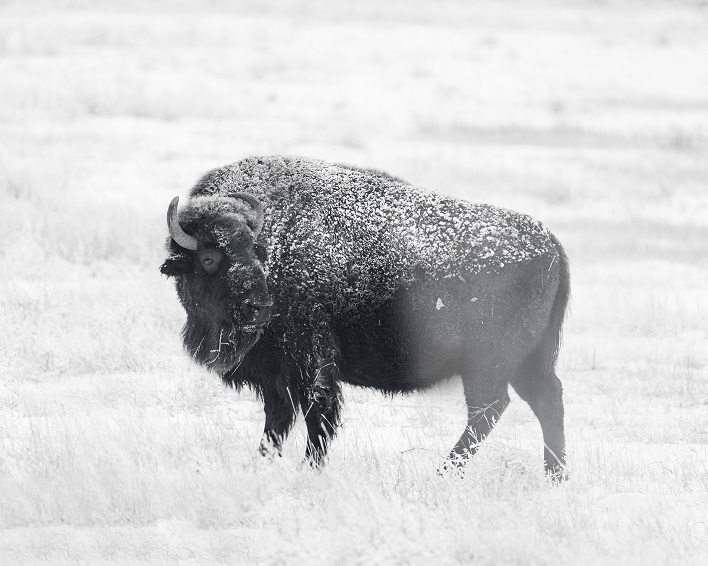Bad Idea? Scientists Want To Clone An Extinct Siberian Bison In Jurassic Park Fashion

Animal cloning is a complex process that has been around for a while. In fact, scientists are also currently attempting to bring back a woolly mammoth and an arctic wolf from extinction. Now, following an extremely rare find by locals in the Verhhoyansk district of the Arctic Circle last year, a lost bison species can be added to that list.
"Previously, this is a young individual aged 1.5-2 years. When she died has not yet been established," stated Maxim Cheprasov, Head of the North-Eastern Federal University (NEFU) Mammoth Museum.

Image Coutesy of Elijah Pilchard from Pexels
"We are working with a unique find that in the future can be cloned thanks to the selected materials. This becomes possible thanks to the joint work with a strong team of leading scientists of the North-Eastern Federal University," remarked Hwang Wu Seok, Professor of NEFU, Director of the UAE Biotechnology Research Foundation.
Others, however, are not so sure the DNA is preserved well enough for the cloning process. Love Dalen, a paleogeneticist at Stockholm University explained to Live Science, "In my view, it is not going to be possible to clone extinct animals from tissues like this." Dalen added, "To make cloning possible, one needs to find intact chromosomes, but what we see even in the best specimens is that each chromosome is fragmented into millions of pieces."
Dalen likens the probability of finding a fully intact chromosome from the bison carcass to someone having a better chance at flipping a coin and landing on "heads a thousand times in a row."
Regardless of whether or not researchers are able to clone an ancient bison species from the remains of the frozen carcass, the information that it is able to provide is certainly exciting. Results from the ongoing research will provide information on the geological and biological age, structural features, and ecological situation of the bison habitat.

